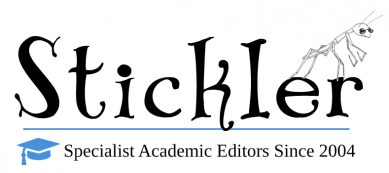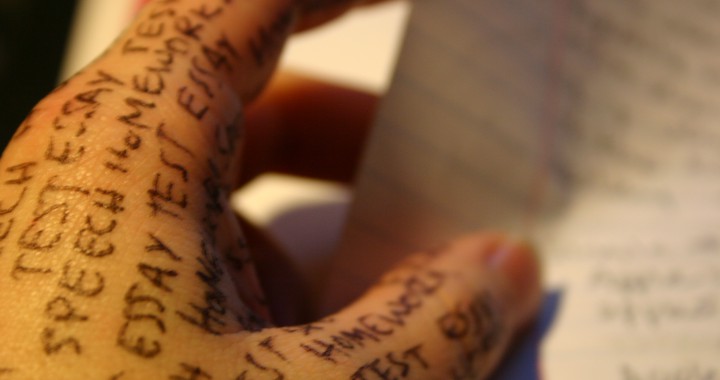Plagiarism was a popular topic this past July in the US. All sorts of questions about it came up on the first night of the Republican convention.
Did Melania Trump crib Michelle Obama’s Democratic convention speech from 2008? Did Mrs. Trump write her own speech or did someone write it for her? Does it count as plagiarism if you’re speaking in platitudes and making value statements that most people would generally agree with?
Regardless of anyone’s political convictions, the incident was a good way for many teachers and professors to reintroduce the concept of plagiarism to their students. Many English teachers in particular jumped at the chance to comment on the issue. Most of them pointed out that students at their respective schools would face expulsion or, at the very least, a failing grade if they were caught plagiarizing an assignment.
Which brings us to the question, “What exactly is plagiarism?”
To plagiarize is to use someone else’s ideas or work, while taking credit for it as though it is your own.
- The simplest example would be a student that copies someone else’s article, and puts his or her name at the top.
- Some students just copy phrases, or reword much of the source material without providing adequate references. They will often rely on synonyms in order to conceal the fact that they have copied someone’s idea, but they’ll leave the sentence structure as it is. However, structure matters just as much as the words do when it comes to plagiarism. If the structure is not that different from the original, the source information is missing, and there are several unattributed quotes sprinkled throughout the work, it’s plagiarism.
- Even if you completely reword a passage and leave no trace of the original, if the structure of your sentences or your arguments is the same, you must cite your source—otherwise, it’s still plagiarism.
You can see some wonderful, practical examples on Princeton’s Academic Integrity page.
So why is plagiarism such a big deal?
First off, it’s a form of stealing, which most people find morally and ethically reprehensible. Not only do plagiarists steal ideas, but they steal the time and effort that was put into the research, writing, and publication of those ideas.
But besides that, if you’re a small fish in a big academic pond, who does it hurt?
Well—it hurts you most of all. You won’t have learned anything from the task you’ve been set, and you’re very likely to find that you fail your assignment or have your journal article rejected (universities and journals have plagiarism programs that check for this kind of thing, and believe us, they do use them!). In the unlikely event that you do get away with it, even if you never, ever plagiarize again you might be called out on it later on in your career, calling all of your achievements up to that point in time into question.
When you’re using other people’s research, staying organized in terms of your sources and citations is the key to preventing plagiarism.
However, people can also plagiarize unintentionally.
There is a fairly common phenomenon called cryptomnesia. You hear an idea or you read it somewhere, but you forget that you’ve already been exposed to it. When the idea comes to you later, it seems original. But the points above still stand—if you write down someone else’s idea and neglect to cite the origin, you’ve just committed plagiarism, albeit, in this case, accidentally.
So what can I do if I’ve written an, essay, dissertation, thesis, or other work with many sources?
Here at Stickler, we recently introduced plagiarism checking as an add-on to our academic editing service. We use top-of-the-line software to scan your document and highlight anything that might be plagiarized, and then provide you with a full report and suggestions so that you can address the problems. Check out https://www.sticklerproofreading.com/additional-services for more details.

